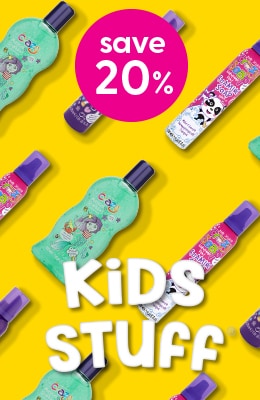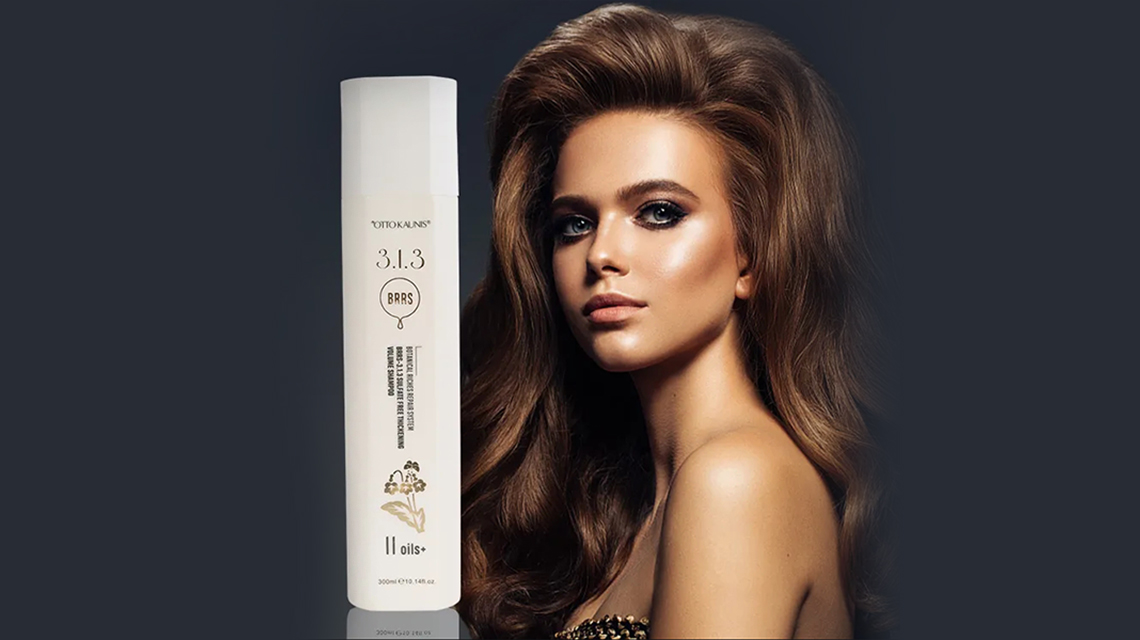In today’s beauty and personal care industry, consumers are increasingly seeking products that cater to their unique needs and preferences. Private label conditioners have emerged as a powerful solution, allowing retailers and businesses to offer personalized hair care products under their own brand names. In this comprehensive exploration, we will delve into the concept of private label conditioners, their myriad benefits, customization options, market trends, and the steps involved in launching a successful private label conditioner line. Join us on this journey to uncover the secrets behind private label conditioners and how they are reshaping the beauty industry.
Introduction
The Rise of Personalization in Hair Care
In a world where individuality reigns supreme, consumers are increasingly seeking beauty and personal care products tailored to their specific needs and preferences. This trend is particularly evident in the realm of hair care, where one-size-fits-all solutions no longer suffice. Today, we explore the transformative power of private label conditioners, which enable businesses and retailers to offer customized hair care products under their unique brand identities.
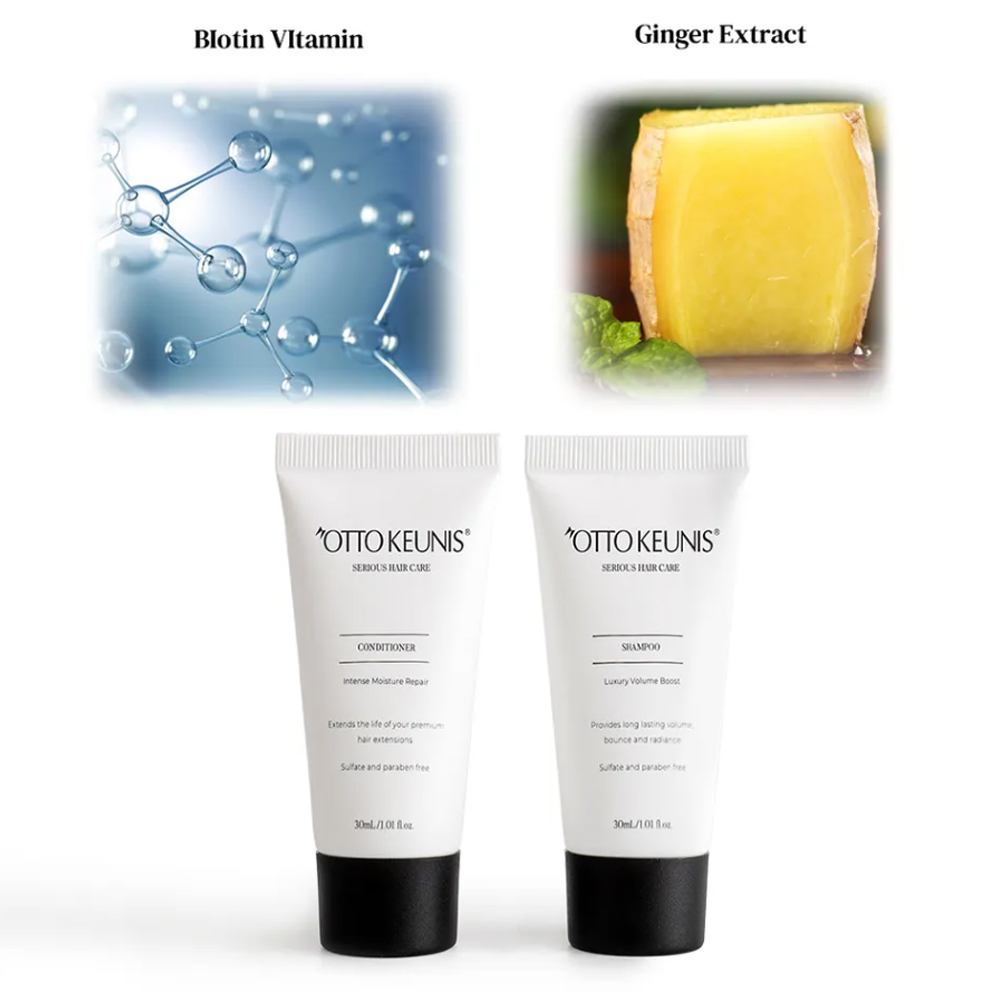
Understanding Private Label Conditioners
Private label conditioners represent a paradigm shift in the beauty and personal care industry. They are hair care products produced by one company and marketed under the brand name of another. Essentially, private label conditioners empower businesses to provide personalized hair care solutions without the arduous process of product development and manufacturing. Instead, they collaborate with private label manufacturers who formulate, produce, and package conditioners to meet their precise specifications.
This article embarks on a journey through the world of private label conditioners, unraveling their numerous advantages, market dynamics, customization possibilities, and the strategic steps required to successfully launch a private label conditioner line. Whether you’re an enterprising beauty entrepreneur aiming to introduce your brand or a retailer seeking to expand your product portfolio, understanding the potential of private label conditioners is pivotal to thriving in the dynamic beauty industry.
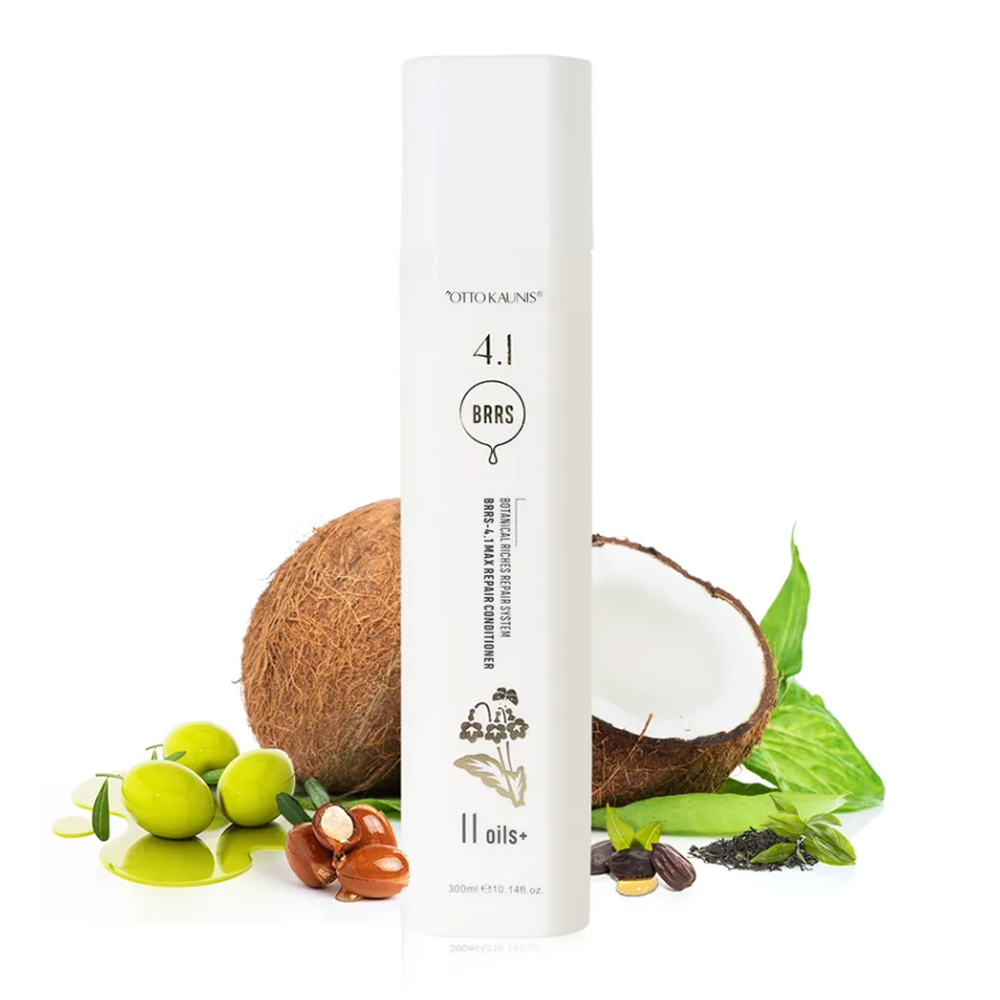
Advantages of Private Label Conditioners
Private label conditioners offer a multitude of benefits for businesses and retailers looking to establish or enhance their presence in the hair care market. Here are some of the key advantages:
- Cost-Efficiency: One of the most significant advantages of private label conditioners is their cost-effectiveness. Developing and manufacturing hair care products from the ground up can be a resource-intensive and costly endeavor. Private label products provide access to established formulations and production processes, significantly reducing the financial burden associated with product development.
- Branding Opportunities: Private label conditioners empower businesses to build and reinforce their brand presence in the market. By offering products under their own brand names, retailers can cultivate brand recognition and customer loyalty. This branding extends beyond the product itself, establishing a distinct identity and reputation for the business.
- Tailored Solutions: Not all hair care needs are alike, and private label conditioners acknowledge this diversity. Businesses can customize their conditioner formulations to cater to specific target audiences. Whether addressing concerns related to hair type, texture, or specific issues such as damage or frizz, customization options abound.
- Speed to Market: Developing a new hair care product from conception to launch can be a time-consuming process. Private label conditioners provide a shortcut to market by offering pre-existing formulations and production capabilities. This efficiency enables businesses to promptly respond to market trends and consumer demands.
- Quality Assurance: Reputable private label manufacturers typically implement rigorous quality control processes. They specialize in formulating and producing hair care products, ensuring that their products meet industry standards and regulatory requirements. By partnering with these manufacturers, businesses can leverage their expertise and quality assurance measures.
- Competitive Edge: The hair care market is fiercely competitive, with numerous established brands vying for consumer attention. Private label conditioners offer businesses the opportunity to stand out by offering unique formulations, ingredients, or packaging tailored to specific customer needs. This differentiation can provide a valuable competitive edge.
- Building Brand Loyalty: Consistency and reliability in product offerings are key factors in building brand loyalty. Private label conditioners allow businesses to maintain control over the quality and availability of their products, fostering trust and loyalty among consumers who come to rely on these products.
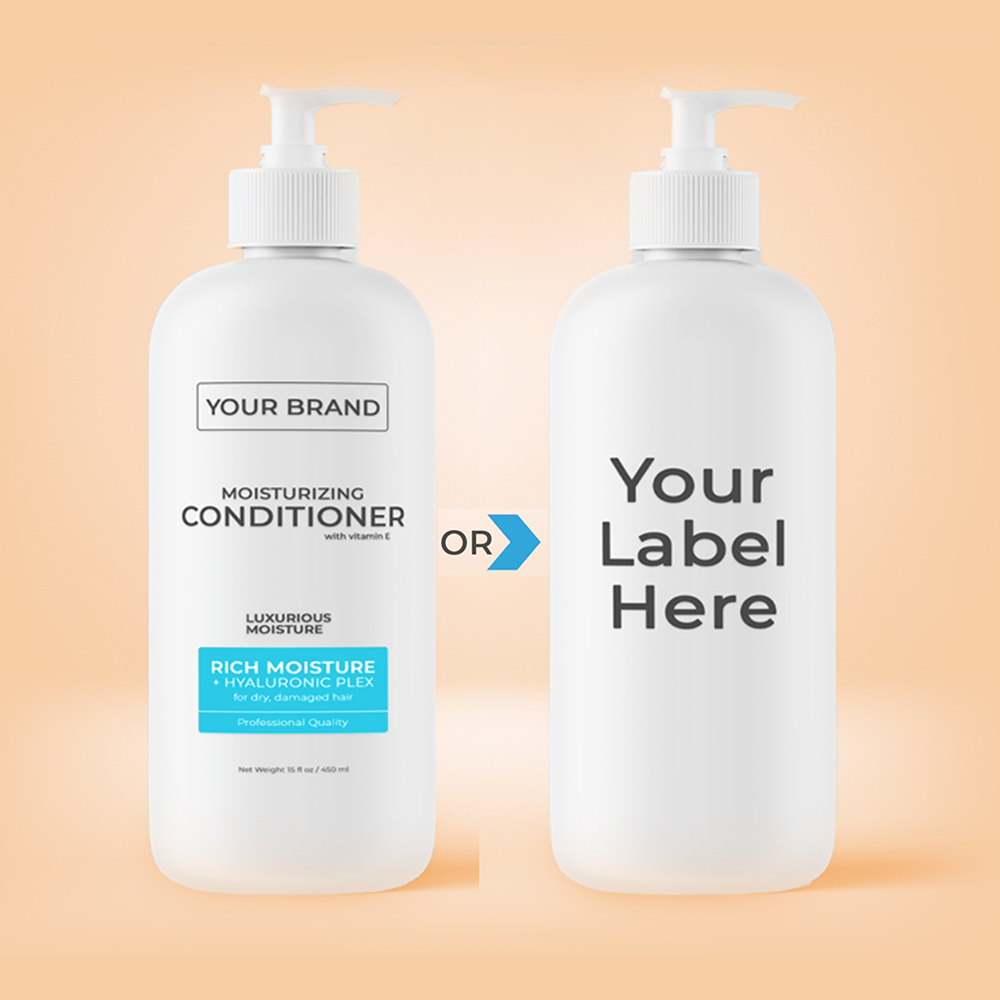
These advantages make private label conditioners an enticing option for businesses and retailers seeking to enter or expand their presence in the hair care market. However, success in this endeavor necessitates a deep understanding of market dynamics, meticulous supplier selection, and a well-crafted customization strategy.
Navigating the Private Label Conditioner Market
- ### Market Size and Growth:** The market for private label hair care products, including conditioners, has experienced consistent growth in recent years. Increasing consumer preferences for personalized hair care solutions have driven demand for these products. Private label conditioners, in particular, have gained prominence due to their affordability, customization capabilities, and ability to cater to a broad spectrum of hair care needs. The market size varies by region, with North America and Europe leading the private label hair care segment. Nonetheless, emerging markets in Asia-Pacific and Latin America have also witnessed growth in private label hair care products, driven by rising consumer awareness and purchasing power.
- ### Success Stories and Key Players:** Several key players in the private label hair care market have achieved notable success. These companies often collaborate with retailers, sal
- ons, and e-commerce platforms to offer private label hair care lines. Success stories serve as testament to the potential of private label conditioners as a strategic tool for businesses aiming to establish their presence in the competitive hair care market.
- ### Current Market Trends:** Understanding current market trends and consumer preferences is crucial for businesses contemplating private label conditioners. Notable trends and preferences in the hair care market include:
- – **Natural and Organic Ingredients:** Consumers increasingly seek hair care products with natural and organic ingredients. Private label conditioners can be customized to incorporate these preferences, offering formulations that align with clean beauty standards.
- – **Customization for Hair Type:** Hair care products tailored to specific hair types, such as curly, straight, or textured, are in demand. Private label conditioners can be formulated to address these diverse needs.
- – **Sustainability and Eco-Friendliness:** Sustainable packaging, cruelty-free formulations, and environmentally friendly practices are gaining traction in the hair care market. Private label manufacturers are adapting to these trends, offering options for eco-conscious brands.
- – **Anti-Aging and Scalp Care:** Products targeting scalp health and anti-aging benefits are gaining popularity. Private label conditioners can incorporate ingredients that promote scalp health and address concerns related to aging hair.
Understanding these trends and consumer preferences can guide businesses in customizing their private label conditioners to align with market demands. It also underscores the importance of staying attuned to evolving consumer preferences to remain competitive.
Choosing the Right Private Label Manufacturer
Selecting the right private label manufacturer is a pivotal decision in the journey of launching a successful private label conditioner line. The choice of a manufacturer significantly impacts product quality, customization options, and the overall success of the private label conditioner venture. Here are key factors to consider when selecting a private label manufacturer:
### Reputation and Track Record: The reputation and track record of a manufacturer are crucial considerations. Seek manufacturers with a history of producing high-quality hair care products and positive reviews from clients. References and testimonials can provide valuable insights into a manufacturer’s performance.
### Quality Control and Compliance: Quality control processes and compliance with industry standards and regulations are non-negotiable factors. Ensure that the manufacturer adheres to stringent quality control measures at every stage of production. Compliance with relevant regulations, such as FDA regulations for cosmetics, is essential to avoid legal complications.
### Customization Capabilities: Evaluate the manufacturer’s range of product formulations and customization options. The manufacturer should offer a variety of conditioner formulations that can be tailored to different hair types and concerns. Additionally, inquire about the availability of natural and organic ingredient options if these align with your brand’s values.
### Packaging and Labeling Expertise: Consider the manufacturer’s capabilities in packaging and labeling. Customized packaging and labeling designs are essential for creating a distinct brand identity. Ensure that the manufacturer can accommodate your branding requirements and provide options for eco-friendly packaging materials if desired.
### Pricing and Minimum Order Requirements
Discuss pricing structures and minimum order quantities with potential manufacturers. It’s crucial to have a clear understanding of pricing per unit and any associated costs, such as packaging and labeling. Evaluate whether the manufacturer’s pricing aligns with your budget and business objectives.
Choosing the right private label manufacturer should be a well-informed decision, made after thorough research, due diligence, and extensive discussions with potential partners. The manufacturer’s capabilities, reputation, and alignment with your brand’s values should all be carefully considered to ensure a successful partnership.
Customization Choices for Private Label Conditioners
One of the primary advantages of private label conditioners is the extensive range of customization options they offer. Tailoring the conditioner to meet specific customer needs and preferences is a key driver of success in the private label hair care market. Here are some crucial customization options to consider:
### Addressing Diverse Hair Types and Concerns
Different hair types and concerns require unique formulations. Customization options should encompass formulations for:
– **Curly Hair:** Formulas designed to enhance and define curls while minimizing frizz.
– **Straight Hair:** Lightweight formulas that provide smoothness without weighing down the hair.
– **Textured or Coily Hair:** Moisturizing and defining formulas that cater to textured and coily hair types.
– **Dry or Damaged Hair:** Deeply nourishing and repairing formulas to address dryness and damage.
– **Color-Treated Hair:** Formulations that protect and preserve color while providing conditioning benefits.
– **Scalp Care:** Conditioners with ingredients that promote a healthy scalp and address issues like dandruff or itchiness.
### Ingredients and Formulations
Customization of ingredients and formulation lies at the heart of private label conditioners. Businesses can collaborate with the manufacturer to select ingredients that align with consumer preferences and product objectives. Some customization options include:
– **Natural and Organic Ingredients:** Formulate conditioners with natural and organic ingredients to meet the demand for clean beauty products.
– **Sulfate-Free and Paraben-Free Formulas:** Cater to consumers seeking sulfate-free and paraben-free hair care products.
– **Protein-Enriched Conditioners:** Include proteins like keratin, collagen, or silk proteins for strengthening and repair.
– **Botanical Extracts:** Incorporate botanical extracts such as aloe vera, chamomile, or lavender for added benefits and fragrance.
### Fragrance and Scent Selection: The scent of a conditioner plays a significant role in the overall user experience. Customization options for fragrance and scent allow businesses to create signature scents that resonate with their brand and customer base. Fragrance options can range from floral and fruity to herbal or clean and fresh.
### Unique Packaging and Branding: Customized packaging and branding design are essential for creating a unique and memorable product. Businesses can work with the manufacturer to design labels, logos, and packaging materials that reflect their brand’s values and resonate with their target audience. Consider factors such as bottle shape, color schemes, and label graphics to create a visually appealing product.
By offering a range of customization options, private label conditioners empower businesses to create products that cater to specific target audiences and address diverse hair care needs. This level of customization sets private label conditioners apart in a competitive market, allowing brands to differentiate themselves and build customer loyalty.
Steps to Launch Your Private Label Conditioner Line
Creating a successful private label conditioner line involves a series of strategic steps. Here’s a comprehensive overview of the process:
### Market Research and Target Audience Definition: Before embarking on product development, conduct comprehensive market research to identify market trends, consumer preferences, and gaps in the hair care market. Define your target audience and their specific hair
care needs. This research will serve as the foundation for your product customization and branding strategy.
### Partnering with a Private Label Manufacturer: Select a reputable private label manufacturer based on factors such as reputation, quality control processes, compliance with regulations, and compatibility with your customization requirements. Open communication and a collaborative partnership with the manufacturer are crucial for a successful private label conditioner line.
### Formulation and Customization: Collaborate with the manufacturer to formulate your conditioner based on your target audience’s needs and preferences. Customize the ingredients, fragrances, and formulation to align with your brand’s identity and product objectives. Request samples for testing and evaluation before finalizing the formula.
### Crafting a Unique Brand Identity: Create a compelling brand identity for your private label conditioner line. Design eye-catching labels, logos, and packaging materials that reflect your brand’s values and resonate with your target audience. Ensure that the packaging design is cohesive and visually appealing.
### Compliance with Regulations and Testing: Ensure that your private label conditioner complies with all relevant regulations and standards for cosmetics and hair care products. This includes ingredient safety assessments, label compliance, and any required testing. Work closely with your manufacturer to meet these regulatory requirements.
### Pricing Strategies and Marketing Plans: Determine pricing strategies that align with your business goals and target audience’s expectations. Develop a marketing strategy that encompasses product positioning, distribution channels, promotional efforts, and online presence. Consider how you will convey the unique selling points of your private label conditioner.
### Launch and Distribution: Prepare for the official launch of your private label conditioner line. Implement your marketing strategy to generate awareness and interest among your target audience. Explore distribution channels, which may include e-commerce platforms, retail stores, salons, or partnerships with other beauty brands.
Launching your private label conditioner line requires careful planning and execution. Continuous monitoring of product performance and customer feedback is essential to make adjustments and improvements as needed.
Challenges and Considerations
While private label conditioners offer numerous benefits, businesses should be aware of potential challenges and considerations:
### Competition and Market Saturation: The hair care market is highly competitive, with numerous established brands and private label products vying for consumer attention. Achieving visibility and differentiation in a saturated market can be a challenge.
### Regulatory Compliance and Testing: Compliance with regulatory requirements for cosmetics and hair care products is essential. Navigating these regulations can be complex and time-consuming, requiring a commitment to product safety and labeling accuracy.
### Building Brand Loyalty: Building brand loyalty and a dedicated customer base takes time and consistent effort. Businesses must invest in marketing, customer engagement, and product quality to foster trust and loyalty among consumers.
### Marketing and Distribution Challenges: Effectively marketing and distributing private label conditioners can be challenging, especially for new entrants. Developing a robust marketing strategy and identifying the right distribution channels are critical for success.
While these challenges are worth considering, they should not deter businesses from exploring the opportunities that private label conditioners offer. With careful planning, a deep understanding of the market, and a commitment to quality, businesses can overcome these challenges and thrive in the hair care industry.
Success Stories: Brands that Thrive with Private Label Conditioners
To illustrate the potential of private label conditioners, let’s explore three success stories of brands that have effectively leveraged these products to build their presence in the hair care market.
### Case Study 1: The Organic Revolution
**Brand**: “Nature’s Essence”
**Strategy**: Nature’s Essence, a small beauty boutique, recognized the rising demand for natural and organic hair care products. They partnered with a private label manufacturer to create a line of sulfate-free, paraben-free, and vegan-friendly conditioners. These conditioners were formulated with botanical extracts and essential oils known for their nourishing properties. Nature’s Essence focused on eco-friendly packaging to align with their brand’s sustainability values.
**Outcome**: Nature’s Essence gained a dedicated following of environmentally conscious consumers who appreciated the brand’s commitment to clean, natural ingredients. The brand’s private label conditioner line became a bestseller, establishing Nature’s Essence as a go-to destination for natural hair care.
### Case Study 2: Luxury and Indulgence
**Brand**: “AquaLux Hair”
**Strategy**: AquaLux Hair, a high-end salon, sought to bring the luxury spa experience to customers’ homes. They collaborated with a private label manufacturer to create a premium line of hair conditioners infused with exotic oils and rare botanicals. The packaging featured sleek, elegant designs reminiscent of a spa environment.
**Outcome**: AquaLux Hair’s private label conditioner line became synonymous with luxury and self-indulgence. Customers valued the salon’s expertise and trusted the brand’s commitment to high-quality ingredients. The line contributed significantly to the brand’s revenue growth and attracted a loyal clientele seeking a spa-like hair care experience.
### Case Study 3: Targeted Solutions
**Brand**: “ProGlow Hair Solutions”
**Strategy**: ProGlow Hair Solutions recognized that consumers were looking for targeted solutions to address specific hair concerns. They worked closely with a private label manufacturer to create a range of conditioners tailored to different hair types and issues, including volumizing, anti-frizz, and color protection. The packaging featured clear labels that highlighted the conditioner’s primary benefits.
**Outcome**: ProGlow Hair Solutions effectively catered to consumers’ diverse needs by offering specialized conditioners. Their private label conditioner line gained a reputation for efficacy and affordability. The brand expanded its product range to include complementary shampoos and treatments, further solidifying its position in the hair care market.
These success stories illustrate that private label conditioners can be a strategic tool for brands looking to carve a niche in the hair care industry. Whether focusing on natural ingredients, luxury experiences, or targeted solutions, customization options allow businesses to meet diverse consumer demands.
Private Label Conditioners in a Sustainable Future
The future of private label conditioners is not only about customization but also sustainability. As consumers increasingly prioritize eco-friendly and ethical practices, businesses in the hair care industry must adapt. Here are ways in which private label conditioners can contribute to a sustainable future:
### Sustainable Ingredient Sourcing: Businesses can collaborate with private label manufacturers to source sustainable and ethically harvested ingredients for their conditioners. This includes using ingredients that are responsibly farmed or harvested without causing harm to the environment or communities.
### Eco-Friendly Packaging Choices: Private label conditioners can be packaged in eco-friendly materials, such as recyclable bottles and containers made from post-consumer recycled materials. Reducing plastic waste and adopting sustainable packaging practices aligns with consumer preferences for environmentally conscious products.
### Meeting Consumer Demand for Ethical Practices: Consumer demand for ethically produced and cruelty-free hair care products continues to grow. Businesses can work with private label manufacturers to ensure that their conditioners are cruelty-free and adhere to ethical production standards. This commitment to ethical practices resonates with socially conscious consumers.
By incorporating sustainability into their private label conditioner lines, businesses can position themselves as responsible stewards of the environment and appeal to a growing segment of eco-conscious consumers.
Conclusion
Private label conditioners have emerged as a dynamic and versatile solution in the hair care industry. They offer businesses and retailers the opportunity to provide customized hair care products under their brand names, catering to diverse consumer needs and preferences. The benefits of private label conditioners, including cost-effectiveness, branding opportunities, and customization options, make them a valuable asset in the competitive world of beauty and personal care.
Understanding the private label conditioner market, choosing the right manufacturer, and mastering the art

